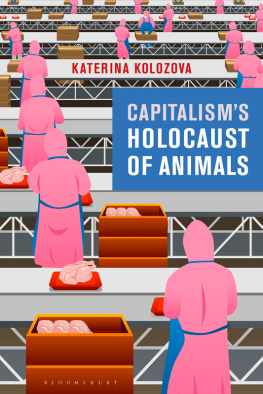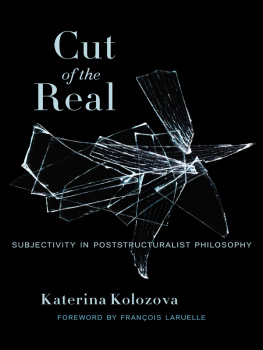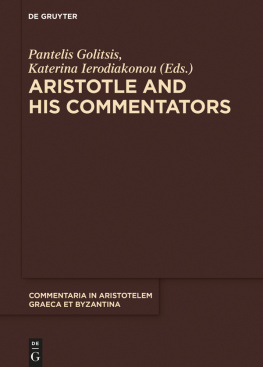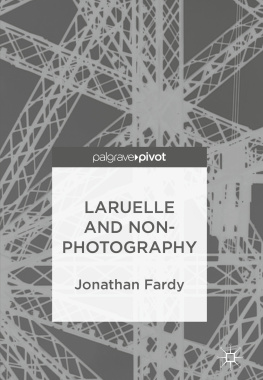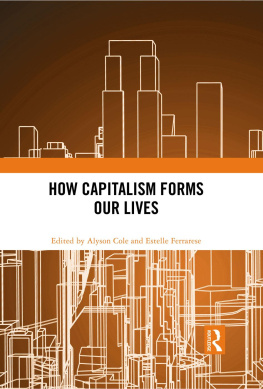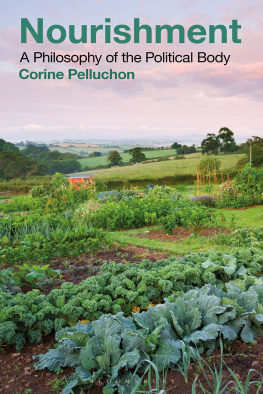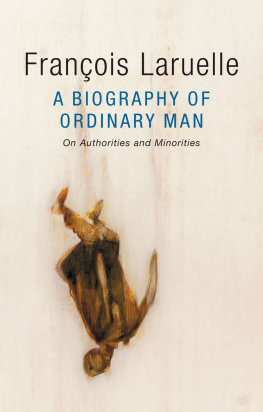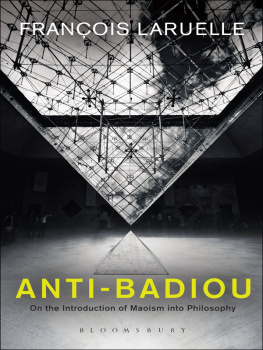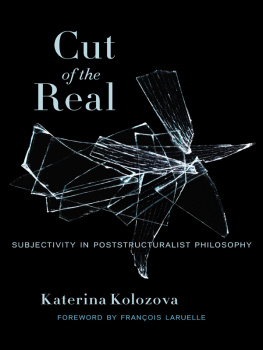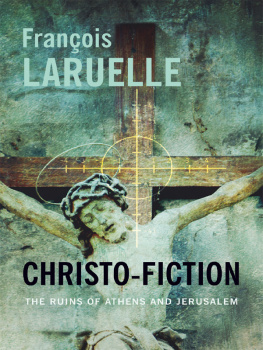CAPITALISMS HOLOCAUST
OF ANIMALS
ALSO AVAILABLE FROM BLOOMSBURY
Posthuman Glossary, ed. Rosi Braidotti and Maria Hlavajova
The History of Animals: A Philosophy, Oxana Timofeeva
Philosophical Posthumanism, Francesca Ferrando
Principles of Non-Philosophy, Franois Laruelle
Philosophies of Difference: A Critical Introduction to Non-Philosophy, Franois Laruelle
CAPITALISMS HOLOCAUST
OF ANIMALS
A Non-Marxist Critique of Capital,
Philosophy and Patriarchy
KATERINA KOLOZOVA

I can only repay the honor of writing these first words to Katerina Kolozovas astonishing book by citing its last words:
Humanity is treated in its identity in the last instance as one among the many phenomena in the vast out-there without assigning it any special status. In doing so, we have to start by coming to terms with what we did to the animals in the constitutive act of philosophy.
She ends her work with an imperative for us to begin anew, with the demand that we start by coming to terms. Yet it is this coming to terms, as both acknowledgment of fact and acceptance of affect, that is the hardest thing for a so-called human to begin, no matter to complete. Holocaust can be an emotive word, after all. A classicist by training, Kolozova is concerned firstly with the original and etymological meaning of holocaust for the Ancient Greeksas Holocaustos, the burning of the dead animal (which ensures the immortal light of reason). Yet contemporary connotations will always bring more recent history to mind. And this is when Holocaust becomes a divisive term in the comparison between human and non-human suffering. In The Lives of Animals (1999), J. M. Coetzee dramatises the divisions it creates through an encounter between an animal advocate who makes the parallel between atrocities committed by the National Socialist government of Germany in the 1940s, and an academic, the latter arguing that the advocate has made an immoral analogy:
You took over for your own purposes the familiar comparison between the murdered Jews of Europe and slaughtered cattle. The Jews died like cattle, therefore cattle die like Jews, you say. That is a trick with words which I will not accept. You misunderstand the nature of likenesses. (pp. 4950)
Here is a perfect differend: for one, it is the analogy which is immoral; for the other, it is the disanalogy which is evil. That the first accuser is Jewish makes it all the more dramatic in Coetzees book, though still inessential: it was Isaac Bashevis Singer who wrote that, with respect to animals, all people are Nazis and that for animals it is an eternal Treblinka (thus giving the title to Charles Pattersons book, Eternal Treblinka, in 2002). Nobody wants to be called a Nazi (even some Nazis no doubt). As the reductio of every heated argument, the term Nazi has become an emotive speech act, emptied of any historical significance in favor of its performative forcewhoever declares it first is, at a minimum, not a Nazi. Not the perpetrator of a Holocaust. Though it may not make her a righteous soul either (as, say, some vegans are accused of), at least one is proven to be the least-worst: not-Nazi. Announcing and accepting the Animal Holocaust, however (coming to terms), thwarts any retreat to such a safe space.
Though Kolozova herself makes no direct analogy between the Jewish holocaust and the animal one, the original function of Holocaustosthe burning of the dead animalas the foundation of logos and law and order in the polis, has implications that are even more terrifying. In what Derrida called our war on animals, we are all criminals, most often unconsciouslysimply following the orders and laws of the polis.
So denial is normal, standard even. The word denial comes from denyance, meaning unconscious suppression of painful or embarrassing feelings. Freudians say that we are in deniala matter of affect more than conscious decision. This is not a question of denial of numbers: how many killed?or of comparison: whose Holocaust was worst, or first, in some kind of bleeding or wound-measuring contestmy wound is larger (deeper, more enduring, more irreparable, more essentially Modern etc.) than your wound. It is a matter of the bodily affect that comes with coming to terms. Memorial is not enough: one might well remember one Holocaust in order to deny (forget or not see) a hundred others. For Franois Laruelles Non-Philosophical stance, the Victim is a central figure, but only as who or what is not recorded by the World. Philosophy is the gesture of thought that decides who is a victim and who is not, within its World. Yet the victim of Philosophy is always the repression of another victim, too obvious to not be forgotten or unnoticed. Non-Philosophy, the thought that Kolozova practices here with this book, is interested in those victims who reside within philosophys structural blind spot, those unheard, unrecorded, unacknowledged: the unknown that cannot be categorised by Philosophy. This is why Kolozovas final words also refer to what we did to the animals in the constitutive act of philosophy. This is not about economics, party politics, or even speciesism: it is the gesture in thought, called Philosophy, that enacts the possibility of hierarchy, of all inequalitywho is counted and who is not, who is a (human) person, and who is not. Everything else, from cheap food policies on one side through to green politics on the other, are consequences of this. That is also why the resistance to the non-philosophical approach is so acute: its attempt to see all things equally, living and non-living, all species, all races, all genders, in a global (or rather unWorlding) gesture, runs wholly counter to the founding act of any philosophical thought, which is to make unequal. Philosophy is not a thought about inequality; it is the generative act of inequality in thought, and therewith in the World (the Thought-World of Capitalism).
That is why so much of Kolozovas work here concerns Marx, Lacan, Haraway, and, of course, Laruelle: because any rival to Capitalisms regime of material exploitation begins with the philosophical thoughtinequality. Not that Kolozova is then permanently set upon the moral high ground as a result of her book: philosophical inequality is not a personal decision but a constant threat within thinking, one that harasses all of us continually. She is no righteous soul. That is also why this book is not filled with examples, or images, of animal exploitation, as if any finite number of cases or pictures might make the denial of an Animal Holocaust impossible. Do we need more of them in order to believe, to accept? What Capitalisms Holocaust of Animals is tackling here is the mode of thinking that makes any such exploitation, the thought of inequality possible: The complete holocaust of all animal life will insure the complete rule of pure reason. Kolozovas earlier book, The Lived Revolution, spoke of a solidarity with any body in pain shared by human and non-human animal alike. Her new book is a practice of such thoughtful solidarity, a thinking in terms of the Real that ties together even more closely the effects of Philosophy and Capitalism (capitalism-as-philosophy) upon the suffering animal body (human and non-human). Though less severe, denial is also a form of pain: the revolutionary struggles against speciesism, sexism, and racism are not designed to create new types of personal (moral) superiority but to free all our thinking from viciousness. By coming to terms with what
Next page
